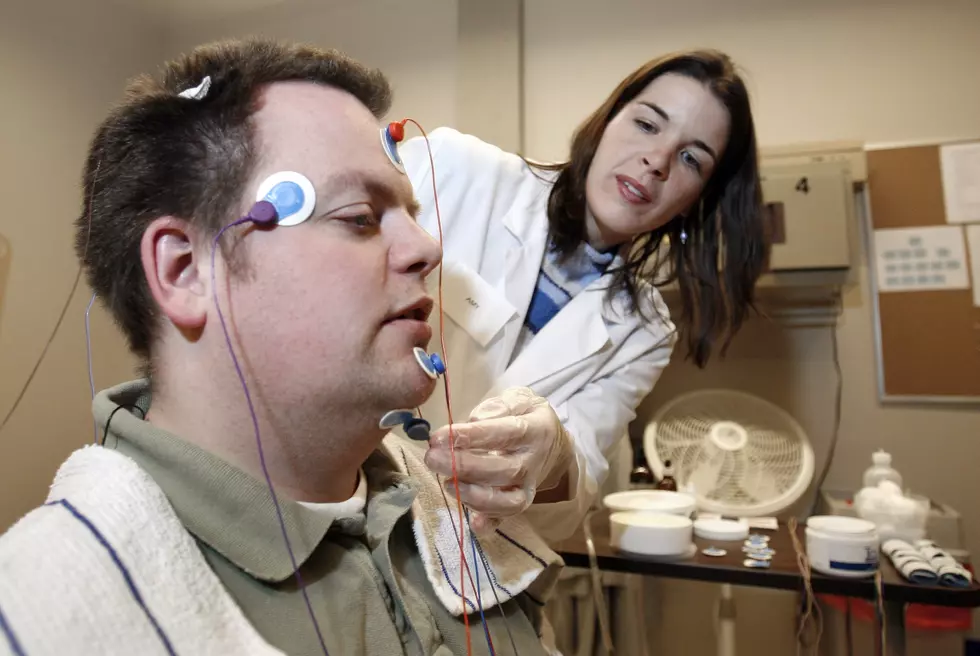
Sleep Doctor Gives Advice For Those Having Trouble Falling Asleep
If your mind races right when your head hits the pillow, this (supposed) sleep doctor gives some pretty good advice!
If you've ever been so tired during the day, only to be wide awake with your mind racing as soon as your head hits the pillow, you may want to try this person's advice.
A Redditor by the name of this_joke_sucks asked for help with the post, "How to avoid having a midlife crisis everytime I try go to bed." in the LifeProTips subreddit.
He explained his situation, which is all too common among many people.
Pretty self explanatory title. I'm in my mid-20s and doing relatively well in life, but 3-5 times a week I try to go to bed and end up going through a midlife crisis that keeps me from falling asleep until 2-3am. I've tried sleeping aids and all that, but my brain races the moment I lay my head on my pillow. I try listening to music, and the effectiveness varies. I'd rather not resort to medication for anxiety, etc. if anyone has practical tips that might have a positive effect.
A user by the name of ICUDOC claims to be a sleep doctor. The reply was pretty great, and just might help a few people.
Sleep doctor here, including someone who has been involved in the treatment of PTSD. Lots of good advice here. The most important thing I can add however is that organizing your thoughts and recalling and digesting impactful, emotional events in your head is actually how the human mind works. Being alone with your thoughts, minimizing external stimulation to focus on the internal dialogue is an important daily activity even for as little as 15 minutes a day.
The problem with the modern lifestyle is you probably go from morning radio to podcast in car to Facebook, to work and Reddit during breaks and then back home to the TV. There are few opportunities for quiet reflection so is there any surprise that the first moment there are no distractions (once your head hits the pillow on your bed) you would start having your inner dialogue?
Your coping mechanism should not be more distraction and sleeping pills, but rather forced routine that involves that internal voice. Here are powerful coping mechanisms successful people use on a daily basis:
1) meditation 2) writing a diary 3) working out with minimal distractions 4) prayer 5) light house work with minimal distractions 6) sitting down and planning your daily agenda 7) opening your thoughts to a close friend or psychotherapist over regularly scheduled periods
These routine activities force you to confront your inner thoughts and you will have these necessary internal dialogues during appropriate times rather than moments you are trying to sleep.
People with PTSD (for example) who get in trouble are the kinds of people who ratchet up the distractions in their life because an inner thoughtful reflection on the horrors of life would be too painful. After awhile, distracting yourself becomes ineffective and sleep is often the first victim of a distracted lifestyle.
Good luck, I know this is hard!
If you're suffering from your mind racing at night, hopefully this helps!
More From Classic Rock 105.1









